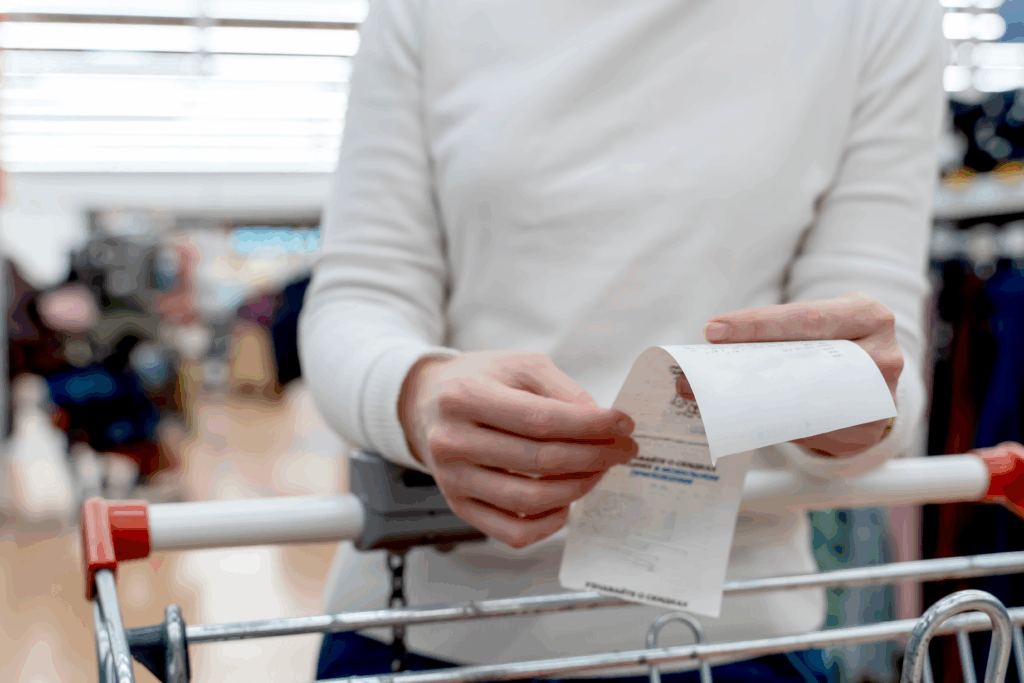Best Free Budgeting Apps to Help You Save More


For many people juggling bills, food and rent, the idea of building a budget sounds exhausting. When you’re busy trying to stay ahead, sitting down to sort out numbers can feel like a luxury you don’t have time for.
If you’re looking to cut back where you can and get a clearer picture of your spending, a budgeting app can take some of that pressure off and help you make more confident choices.
The rising cost of living has put real pressure on household budgets for many American families, leaving little room for unexpected expenses or extra spending. While changing your spending habits may help in some areas, it’s not always easy to know where to start. That’s where budgeting tools come in.
Budgeting apps make it easier to track your money in real time. You can see where your money goes, spot wasteful spending and make smarter choices. These apps connect to your bank accounts, sort your purchases into categories and help you set realistic monthly goals.
Some apps focus on visuals (like pie charts and graphs), while others focus more on automation or reminders. Either way, they take away the guesswork and help you stay consistent without stress.
With a lot of options out there, it can feel overwhelming to pick one. So how do you choose a free budgeting app that actually helps?
Start by asking yourself:
Some apps are better for beginners. Others are better for people with multiple income streams, side hustles or irregular paychecks. If you’re not sure, try one or two. Most of them are free to download and easy to delete if they’re not a fit.
Here are a few popular picks—each with different strengths depending on what you need:
Credit Karma has been around for a while, and it’s still one of the most trusted free budgeting apps. It connects to your accounts, tracks spending, and gives you alerts when bills are due or budgets go off track.
EveryDollar uses zero-based budgeting, so you decide what every dollar is for, whether that’s bills, food, or savings. With the free plan, you have to log each transaction manually. For some, that’s a plus because it keeps them focused on their money.
Goodbudget uses the envelope method, where you assign a budget to different categories (like food, gas, or rent) and track how much you spend from each “envelope.” It doesn’t link to your bank, so it’s more hands-on. Still, it’s one of the best budgeting tools for people who prefer planning ahead.
This app’s biggest strength is simplicity. It tells you how much money you can still spend after paying bills and saving. If you’ve ever felt like your paycheck disappears too fast, PocketGuard might be the reminder you need to slow down before clicking “checkout.”
A recent report from the Federal Reserve Board found that many American households say rising prices have made it harder to pay for basic needs. Groceries that once fit neatly into a weekly plan now cost more. And with rent eating up a large portion of income, there’s often not much left to stretch.
Budgeting apps help by:
Rent is often the biggest fixed expense for many households. It’s usually non-negotiable, but it helps to know exactly how much you can safely spend on rent without shortchanging other categories. Some apps also help you create small monthly savings for big, recurring bills like rent. That way, when rent is due, the money is ready.
Even if you’re only setting aside a little each week, the structure helps you feel more in control. And that peace of mind goes a long way.
If you’re behind on your bills, it might feel like budgeting is pointless. But that’s when it matters most. By seeing exactly what you spend and where, you may find small ways to cut back or reprioritize. And sometimes, that’s all you need to start turning things around.
They’re also helpful if you’re dealing with debt. Some apps allow you to set reminders, track payments or create payoff goals. Others separate bills from daily spending, which makes it easier to see what’s urgent and what can wait.
That said, they’re just tools, not magic buttons. If your debt feels too overwhelming or impossible to manage alone, you might want to reach out to a trusted debt relief service for personalized support and help.
Everyone’s needs are different, but here are a few helpful features to look for when choosing the right budgeting app:
If you’re stressed about rent, groceries or rising utility bills, you’re not alone. Millions of people are asking the same questions, and the good news is, there’s help. Learning how to track your spending gives you insight you can act on, and using a free budgeting app is one of the easiest ways to start.
The content provided is intended for informational purposes only. Estimates or statements contained within may be based on prior results or from third parties. The views expressed in these materials are those of the author and may not reflect the view of National Debt Relief. We make no guarantees that the information contained on this site will be accurate or applicable and results may vary depending on individual situations. Contact a financial and/or tax professional regarding your specific financial and tax situation. Please visit our terms of service for full terms governing the use this site.

Student loans often follow borrowers for years, sometimes decades. Even people who fully understand how much they borrowed can feel...

It was a busy week for RIA aggregators. There were a few large moves, including $235 billion multi-family office Cresset...

Blog Posts Archives UnfavoriteFavorite February 27, 2026 Weave: The Social Fabric Project Subscribe to Weave’s Newsletter This story was originally...